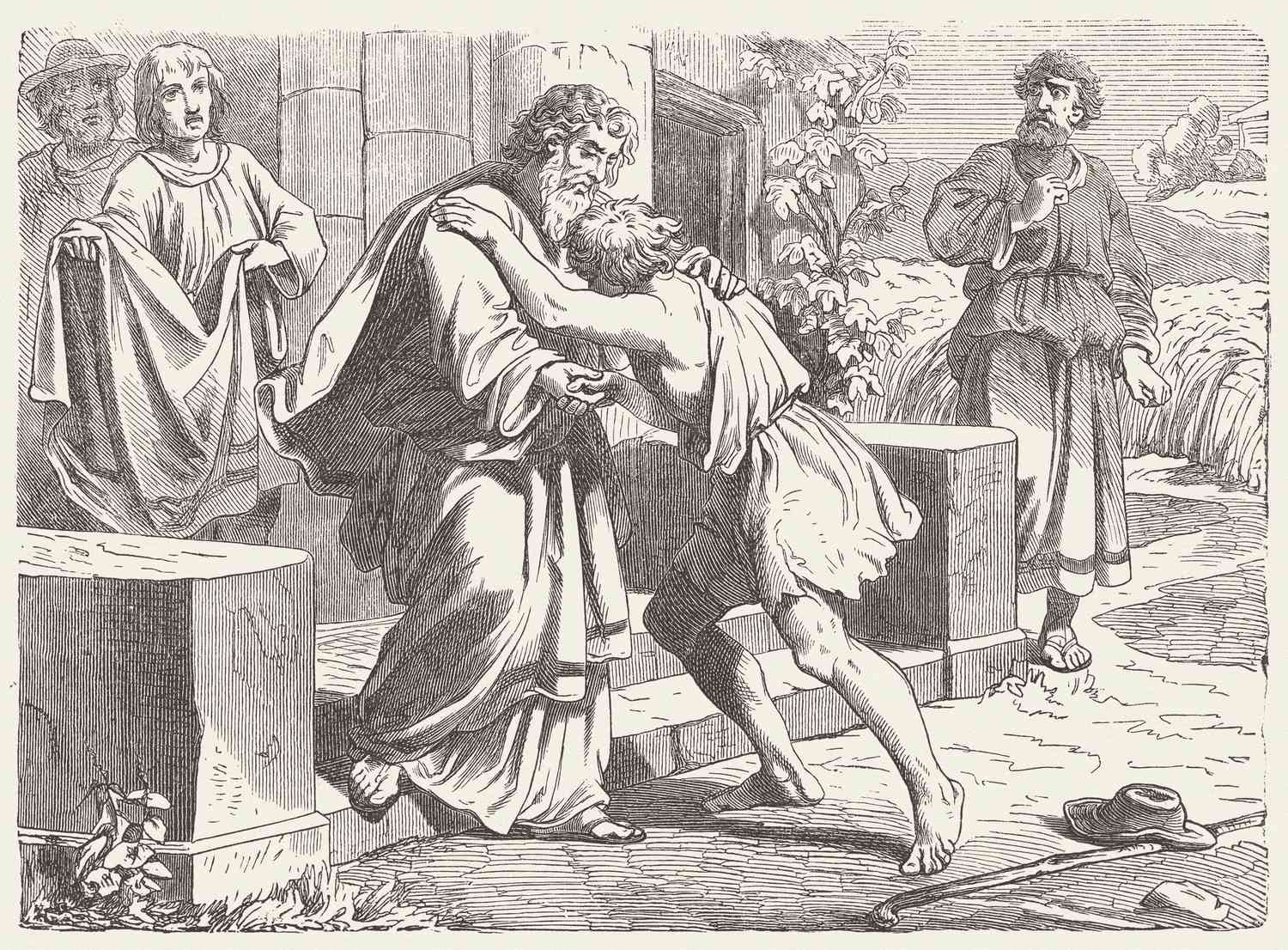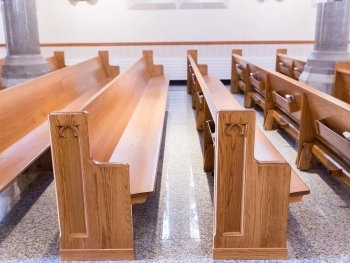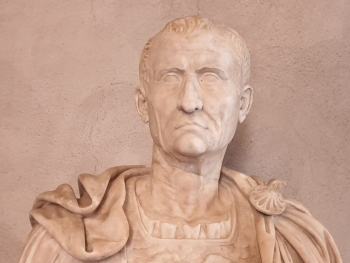The Parable of the Prodigal Son is one of the most well-known and beloved stories in the Bible. It tells the story of a young man who asks his father for his share of the inheritance and then squanders it on wild living, only to return home humbled and seeking forgiveness.
While the parable is often interpreted as a story of repentance and redemption, it is also a powerful lesson in the transformative power of forgiveness.
When the prodigal son returns home, his father doesn't scold him or berate him for his mistakes. Instead, he runs to meet him, embraces him, and welcomes him back with open arms. The father's forgiveness is unconditional and total, and it transforms the prodigal son's life.
The prodigal son is not the only character in the parable who experiences forgiveness. The older brother, who has remained faithful to his father and resents his brother's return, is also offered the opportunity to forgive and be reconciled. While he initially resists, the father urges him to let go of his anger and embrace the spirit of forgiveness.
The lesson of the parable is clear: forgiveness has the power to heal relationships, restore brokenness, and transform lives. By extending forgiveness to others, we can break the cycle of anger and resentment that often characterizes broken relationships, and create a path towards reconciliation and healing.
Of course, forgiveness is not always easy. It requires us to let go of our anger and pride, and to extend grace and compassion to those who have wronged us. But as the parable of the prodigal son reminds us, the rewards of forgiveness are immeasurable. By extending forgiveness to others, we can experience the transformative power of love and grace, and find the peace and wholeness that comes with reconciliation.




